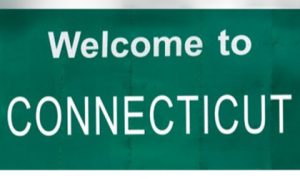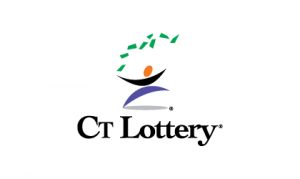After thinking they were “at the finish line” in April 2019, Connecticut Gov. Ned Lamont and the Mohegan Tribe, have reportedly finally agreed to terms for a comprehensive gambling expansion plan that could see legalized sports betting and internet gambling in the southern New England state.
In a joint statement on Tuesday, Mohegan Tribal Chair James Gessner Jr., who leads one of two federally recognized Native American tribes in Connecticut, and the Democratic governor made the announcement within hours of an earlier message delivered to state legislators via the General Assembly’s Public Safety Committee by Lamont’s chief of staff, Paul Mounds detailing that the administration was “at the precipice” of a deal finally being reached, as reported by the Associated Press.
Missing input:
According to the news agency, Mounds had said the goal of the administration was that the Mashantucket Pequot Tribe be included in the final agreement, however, the owners and operators of Foxwoods Casino in southeastern Connecticut were absent from the joint statement, a fact which tribal chair Rodney Butler said was “extremely disrespectful in terms of process and substance.”

“After months of closed-door negotiations, it’s offensive that Governor Lamont would announce an agreement with only one of the two Tribal Nations that have been a party to the negotiations, despite full knowledge that both sovereign Nations are needed to implement any agreement,” said Butler.
Taxation & tribal revenue sharing:
The agreement with the Mohegan Tribe, which Gov. Lamont reportedly said “represents months of hard work and dedication to getting a deal that’s best for the residents of Connecticut and moves our state forward when it comes to the future of gaming,” will require approvals from the Connecticut General Assembly and the U.S. Department of Interior. Further details of the arrangement include a 20 percent tax on new iGaming offerings as well as a 13.75 percent tax on sports wagering. The taxation is to reportedly generate tens of millions of dollars in new revenue for The Constitution State, according to Lamont.
No exclusivity:
While the announcement was a bit vague, what was made clear is that the state’s two compacted tribes would not have exclusivity rights to sports betting. Currently, the tribes contribute 25 percent of the gross slot machine revenues from their respective Mohegan Sun and Foxwoods Casino properties each month to the state in exchange for exclusive rights to slot machines and commercial casino games. The tribes have previously said they believe those exclusivity rights include sports wagering.
Early last year, Chairman for the Mashantucket Pequot Tribe, Rodney Butler, reportedly told a hearing of the state’s Public Safety and Security Committee that the governor’s vision of a future Connecticut sports betting market directly contravenes the tribe’s compacts because it would run counter to a National Indian Gaming Commission (NIGC) ruling defining wagering on sports as a Class III (casino-style) activity, which the tribes do have exclusivity to, under federal law.

Future litigation:
The Tuesday agreement also gives the Connecticut Lottery Corporation (CT Lottery) the right to operate 15 retail sports betting sites in addition to online sports betting operations. The lottery would moreover sublicense pari-mutuel operator Sportech Venues, to operate some of those retail sports betting sites, which the state-licensed, New Haven-based operator responded to by stating that it will sue because it was “principally” excluded from the agreement, and subsequently expanded gaming.
In its statement, Sportech said it has “little option but to pursue legal recourse on behalf of our 400 Connecticut employees, according to the AP news service.
The Hartford Courant reports that license agreements will extend 10 years and include a five-year extension option, while the lottery will also establish new retail sports betting venues in Bridgeport and Hartford.
In addition to needing approval from the state’s General Assembly, the revised regulations must also be reviewed by the U.S. Department of Interior, which could take between 60 and 90 days, according to the daily newspaper.
